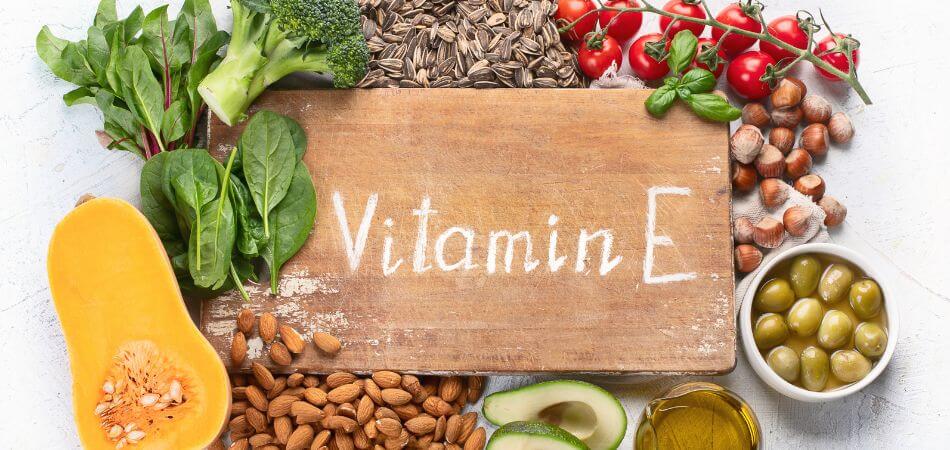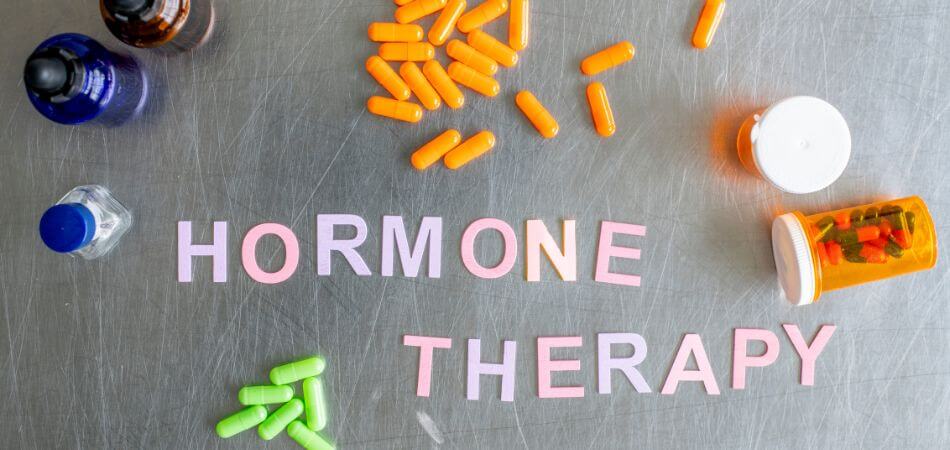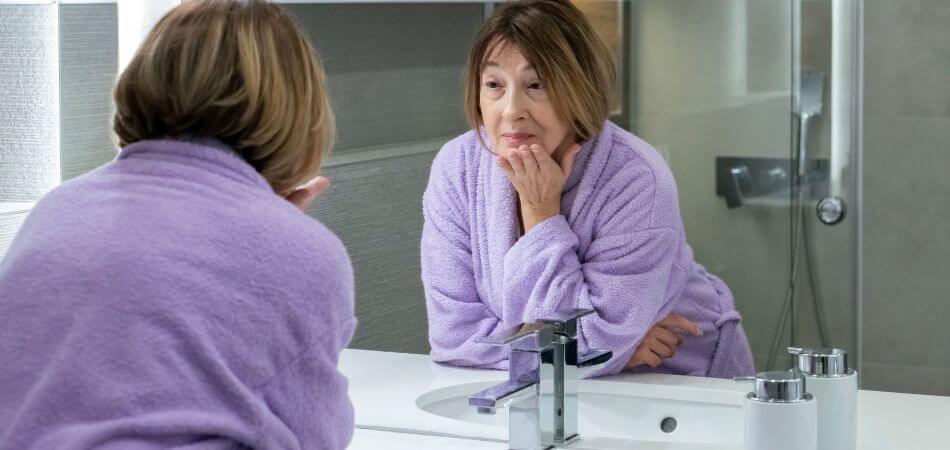Balancing hormones is like fine-tuning an orchestra—every element matters. For many women, fluctuating hormones can cause fatigue, mood swings, weight gain, acne, irregular periods, and even fertility issues. While lifestyle and diet play major roles, specific vitamins for hormone balance can make a powerful difference.
In this guide, we’ll break down the top vitamins that support hormonal health, how they work, and the best natural sources and supplements to consider. Let’s bring those hormones back into harmony!
🌿 Why Hormonal Balance Matters for Women
Hormones are chemical messengers that regulate everything from your metabolism and mood to sleep and skin health. When they’re off—even slightly—it can disrupt your entire system.
Common hormonal imbalances in women include:
- Estrogen dominance
- Low progesterone
- Thyroid dysfunction
- Polycystic Ovary Syndrome (PCOS)
- Adrenal fatigue
Whether you’re managing PMS, navigating perimenopause, or boosting fertility, getting the right nutrients can restore balance and ease symptoms naturally.

🔥 Top Vitamins to Balance Hormones in Females
Let’s dive into the best vitamins for hormone health and how they help:
1. Vitamin B6 – The Mood and PMS Stabilizer
Benefits:
Vitamin B6 supports the production of neurotransmitters like serotonin and dopamine, which are influenced by hormonal shifts. It helps reduce PMS symptoms such as irritability, bloating, and mood swings.
Great for:
- Easing PMS
- Supporting progesterone levels
- Reducing estrogen dominance
Best sources:
- Turkey
- Bananas
- Chickpeas
- Potatoes
- Fortified cereals
2. Vitamin D – The Hormone Vitamin
Benefits:
Did you know vitamin D actually functions like a hormone in the body? It plays a major role in thyroid health, menstrual regularity, and even PCOS management.
Great for:
- Balancing estrogen and testosterone
- Supporting thyroid function
- Improving mood and immunity
Best sources:
- Sunlight exposure
- Fatty fish (like salmon)
- Egg yolks
- Fortified dairy or plant milk
💡 Tip: Many women are vitamin D deficient—ask your doctor for a simple blood test to check your levels.
3. Vitamin E – The Menstrual Soother
Benefits:
Vitamin E is a powerful antioxidant that helps regulate estrogen and reduce inflammation. It’s especially helpful in managing painful periods and menopausal symptoms like hot flashes.
Great for:
- Regulating menstrual cycles
- Reducing PMS and cramps
- Supporting ovulation
Best sources:
- Almonds
- Sunflower seeds
- Spinach
- Avocados
4. Vitamin C – The Stress and Fertility Hero
Benefits:
Vitamin C supports adrenal glands, which produce cortisol—the stress hormone. Balanced cortisol means better hormonal equilibrium overall. It also promotes progesterone production, vital for fertility and menstrual health.
Great for:
- Reducing stress-induced hormonal issues
- Supporting progesterone levels
- Enhancing skin health and collagen
Best sources:
- Citrus fruits
- Berries
- Bell peppers
- Broccoli
5. Vitamin A – The Hormone Regulator
Benefits:
Vitamin A helps regulate gene expression and reproductive hormone signaling. It’s crucial for healthy ovarian function, a balanced menstrual cycle, and even skin clarity (often affected by hormonal acne).
Great for:
- Reproductive hormone support
- Skin and vision health
- Hormone detox pathways in the liver
Best sources:
- Carrots
- Sweet potatoes
- Kale
- Liver (for retinol form)

💊 Should You Take a Supplement?
While food is the best source of vitamins, some women benefit from high-quality supplements, especially if:
- You have a restricted diet (e.g., vegan, dairy-free)
- You’re dealing with chronic stress or hormonal issues
- Your lab results show deficiencies
Always choose third-party tested supplements and talk to a healthcare provider before starting new ones.
🌸 Lifestyle Tips to Support Vitamin Absorption and Hormonal Health
Vitamins alone won’t balance hormones—you need to create a supportive environment in your body. Here’s how:
- Eat healthy fats (avocados, olive oil, seeds) to build hormones.
- Cut out endocrine disruptors like BPA, artificial fragrances, and excessive sugar.
- Manage stress with deep breathing, yoga, or journaling.
- Prioritize sleep—7–9 hours helps regulate cortisol and melatonin.
- Exercise moderately to keep insulin and estrogen in check.

✅ Summary: Your Hormone-Balancing Vitamin Checklist
| Vitamin | Key Benefits | Best Sources |
|---|---|---|
| B6 | PMS relief, boosts progesterone | Bananas, chickpeas |
| D | Regulates estrogen, supports thyroid | Sunlight, salmon |
| E | Reduces cramps, supports ovulation | Almonds, spinach |
| C | Lowers cortisol, supports fertility | Citrus, bell peppers |
| A | Reproductive health, detox support | Carrots, liver |
💬 Final Thoughts
Balancing hormones naturally starts with nourishing your body with the right vitamins. These essential nutrients work behind the scenes to support your cycle, mood, fertility, and energy.
Whether you’re dealing with PMS, trying to conceive, or simply want to feel more in sync with your body—start by feeding your hormones what they crave.
✨ Remember: Small changes lead to big shifts. And your hormones? They’re listening.
